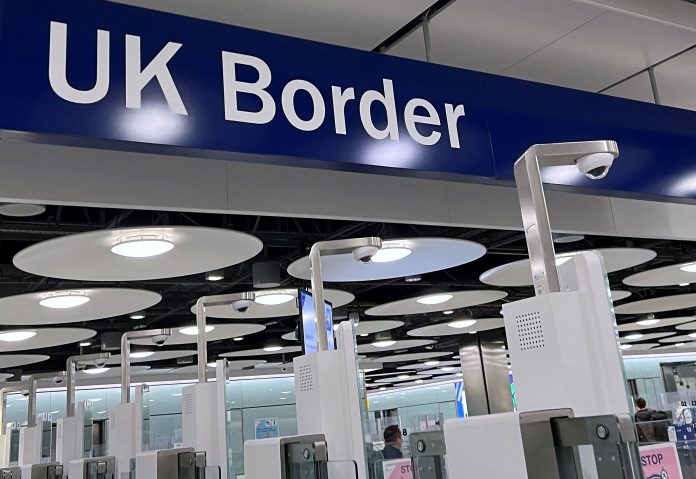According to the May report by the Office for National Statistics (ONS), net migration to the UK between January and December 2024 was 431,000, almost half the record 860,000 recorded a year earlier.
Although the data covers the period before the Labour government came to power, the result can be seen as a political bonus for Prime Minister Keir Starmer, who announced sweeping measures to tighten migration policy in May.
The decline was mainly due to a decrease in the influx of non-EU citizens who came to the UK on work and student visas. The number of foreign workers arriving in the country fell by 49% (108,000), and the number of relatives accompanying students fell by 86% (105,000). The ONS also noted an increase in the number of foreign graduates leaving the country after the complete lifting of COVID-19 restrictions.
In May, Keir Starmer’s government announced changes to immigration policy, including a ban on hiring foreign workers in the care sector, stricter visa requirements for skilled workers entering the country, and a higher English language threshold for family members of immigrants. The authorities also plan to increase the period for obtaining permanent residence from five to ten years.
The Home Office estimates that these measures will reduce migration by 100,000 per year by 2029, but some Labour MPs fear that Starmer’s harsh rhetoric will drive highly skilled professionals away from the UK and voters away from the ruling party.
